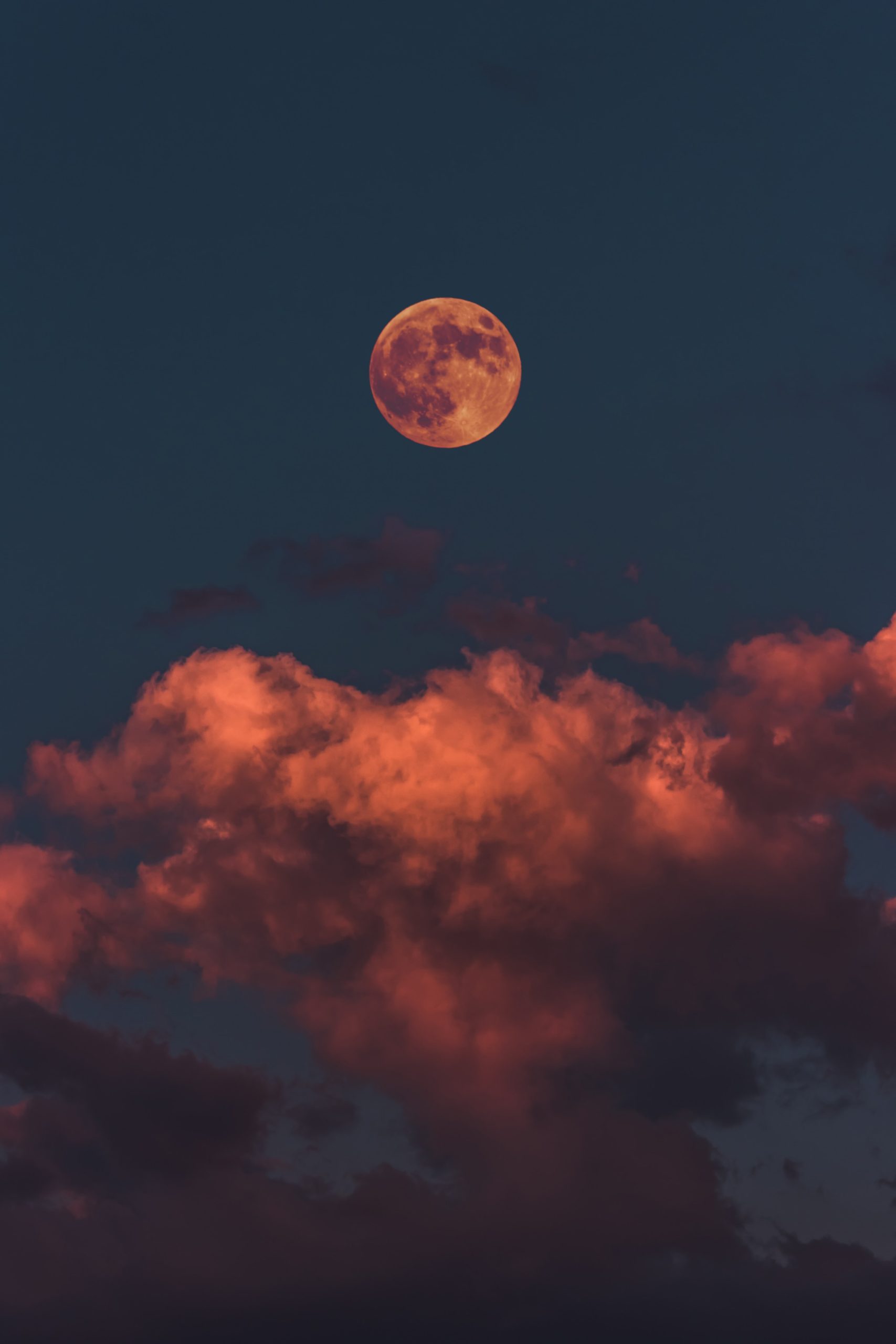What Does Tonight’s Full Moon Mean?
There’s something undeniably captivating about a full moon. It hangs in the night sky, casting an ethereal glow and captivating our imagination. Throughout history, this celestial event has been associated with various meanings and beliefs. From ancient mythology to modern astrology, the full moon has long been regarded as a symbol of significance and power. In this blog post, we’ll delve into the meaning behind tonight’s full moon and explore the fascinating world of lunar interpretations.
The Science Behind a Full Moon
Before we delve into the symbolism surrounding the full moon, it’s essential to understand the scientific explanation behind this captivating phenomenon. A full moon occurs when the moon is positioned directly opposite the sun, with Earth sitting in between. As sunlight illuminates the moon’s surface, we witness the moon in its complete glory, shining brightly throughout the night.
On average, a full moon occurs every 29.5 days, aligning with the lunar cycle. However, the moon’s orbit and the Earth’s position around the sun can cause slight variations in exact timing and appearance. Regardless, the full moon remains a spectacular event that has piqued human curiosity for centuries.
The Full Moon in Mythology
Since ancient times, humans have looked to the sky for answers and meaning. In various mythologies around the world, the full moon often represents a potent symbol associated with gods, goddesses, and mythical creatures.
In Greek mythology, for example, the moon goddess Selene personified the moon’s power and beauty. She was often described as radiant and virtuous, guiding the moon across the night sky. Similarly, in Norse mythology, the moon was associated with the goddess Mani, who rode through the heavens on a chariot pulled by horses.
These myths and legends imbued the full moon with a sense of enchantment and magic, connecting the lunar cycle to the human experience and the divine realm.
The Full Moon’s Influence in Astrology
Astrology, a system that attributes meaning to celestial bodies, also ascribes significance to the full moon. In astrology, the moon represents emotions, intuition, and our deepest selves. When the moon is full, it is believed that its influence is at its peak, amplifying its symbolic associations.
Each full moon is associated with a zodiac sign, adding an additional layer of meaning. For example, a full moon in Taurus may emphasize themes of stability, sensuality, and practicality, while a full moon in Pisces could evoke emotions of compassion, creativity, and spirituality.
The Full Moon’s Effects on Emotions
While some people may be skeptical of astrology’s influence, it is intriguing to consider how the full moon’s radiance can evoke strong emotions in many individuals. Numerous anecdotal accounts suggest that people may feel more energized, restless, or emotionally charged during a full moon.
Some theories suggest that the moon’s gravitational pull, which affects Earth’s tides, might also influence our bodies and minds. However, scientific research on the moon’s impact on human behavior remains inconclusive, with many studies producing conflicting results.
Rituals and Celebrations During the Full Moon
Throughout history and across cultures, the full moon has been a time of celebration, rituals, and symbolism. From moonlit dances to lunar festivals, humanity’s fascination with the full moon has sparked a myriad of traditions.
In ancient Greece, the full moon was an essential element of the Eleusinian Mysteries, an initiation ceremony celebrating the goddess Demeter and her daughter Persephone. During these rituals, participants would gather in nature, partake in sacred ceremonies, and honor the changing lunar cycles.
Similarly, in Hinduism, the full moon holds great significance. The festival of Kartik Purnima, celebrated in November or December, pays tribute to Lord Vishnu and marks an auspicious occasion for spiritual enlightenment and charity.
Today, many individuals embrace the full moon as an opportunity for self-reflection, intention setting, and cleansing. Some may take part in moonlit meditations, whereas others might engage in rituals such as charging crystals or creating moon water.
Conclusion: The Full Moon’s Everlasting Mystique
Tonight’s full moon serves as a reminder of the everlasting mystique and symbolism associated with this celestial event. Whether you’re drawn to its enchanting beauty, influenced by astrological interpretations, or partake in rituals celebrating the full moon’s energy, this lunar phenomenon continues to captivate and inspire.
As the moon graces the night sky in all its luminous glory, take a moment to ponder its gravitational pull on both the tides of our oceans and the depths of our souls. Tonight, let the full moon’s radiant energy fill you with wonder and remind you of the interconnectedness of the universe.
Table of Contents
